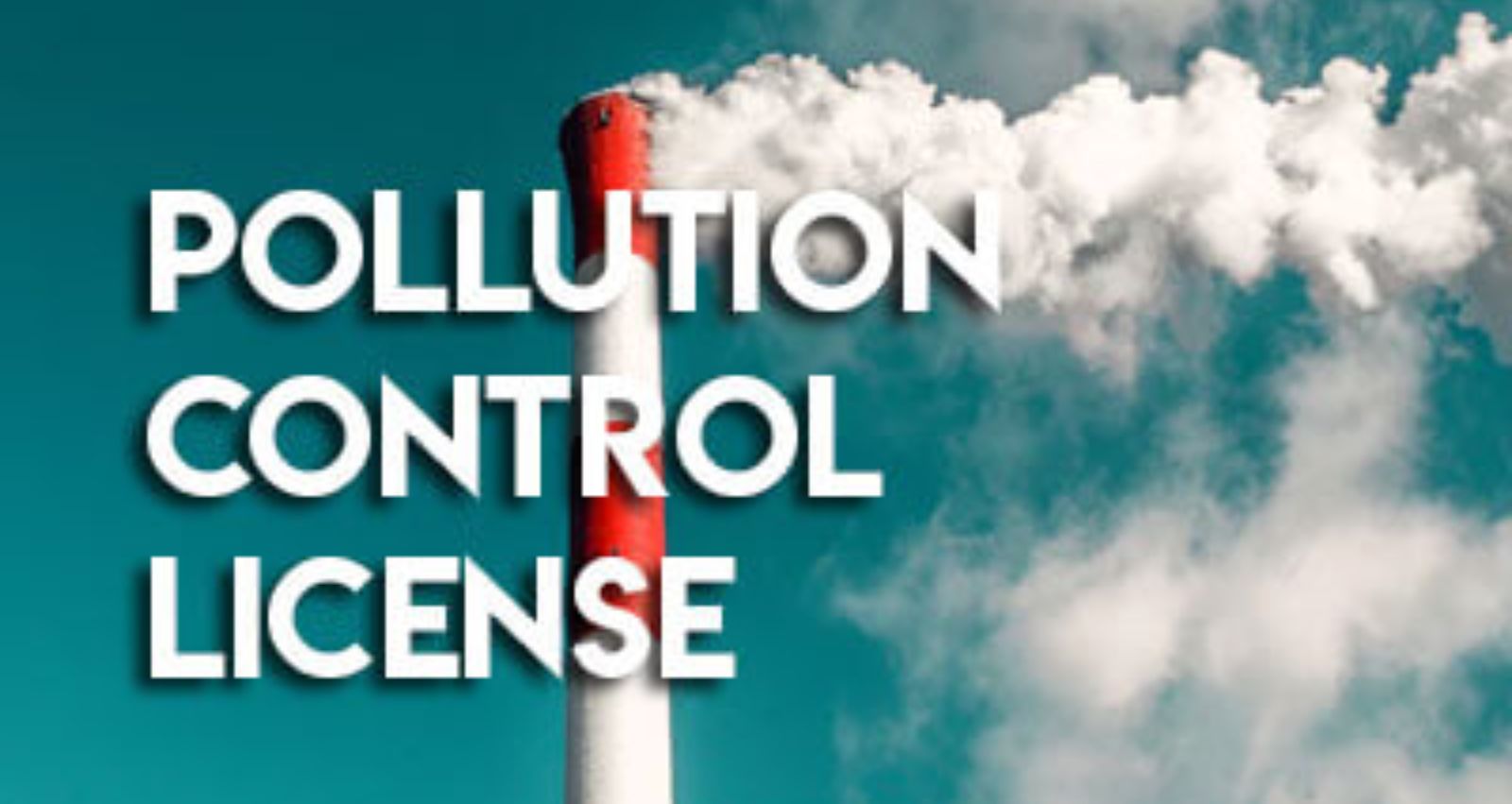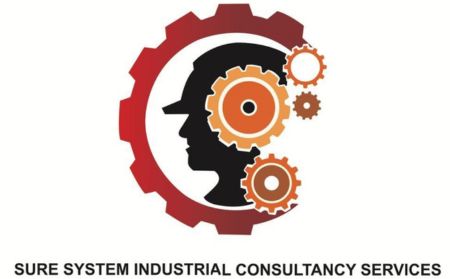
- Date: 06 Apr, 2021
- Website: inusti.com
- Location: New York, USA
- Value: $25,60000
Pollution License
A Pollution License, also known as an Environmental Pollution Control License or Consent to Operate, is a legal permit issued by environmental authorities or agencies to regulate and monitor industrial and commercial activities that have the potential to generate pollution and harm the environment. The primary purpose of a Pollution License is to ensure that businesses and industries comply with environmental laws and regulations, reduce their impact on the environment, and protect public health. Here are key points about Pollution Licenses:
- Types of Pollution Licenses: Pollution Licenses can cover various types of environmental pollution, including air pollution, water pollution, and noise pollution. Different licenses may be required for specific types of pollution, depending on local regulations and the nature of the industry.
- Regulatory Authorities: Pollution Licenses are typically issued by government environmental agencies or pollution control boards at the state or national level. These agencies are responsible for enforcing environmental laws and standards.
- Applicability: Industries and businesses that have the potential to generate pollution, such as factories, power plants, chemical manufacturing units, waste treatment facilities, and construction projects, are often required to obtain Pollution Licenses before commencing operations.
- Application Process: To obtain a Pollution License, a business or industrial unit must submit an application to the relevant environmental authority. The application process typically involves providing detailed information about the proposed activities, pollution control measures, waste management plans, and environmental impact assessments.
- Compliance with Standards: Businesses seeking Pollution Licenses are required to adhere to specific environmental standards and regulations. This may include installing pollution control equipment, monitoring emissions and effluents, and conducting regular environmental audits.
- Environmental Impact Assessment (EIA): For significant industrial projects or those in ecologically sensitive areas, an EIA may be required as part of the application process. An EIA assesses the potential environmental impacts of the project and proposes mitigation measures.
- Monitoring and Inspections: Once a Pollution License is granted, the environmental authorities may conduct regular inspections and monitoring to ensure ongoing compliance with environmental regulations. Failure to comply can result in fines, penalties, or license revocation.
- Renewal: Pollution Licenses are typically valid for a specified period, after which they need to be renewed. Renewal requires the business to demonstrate continued compliance with environmental standards.
- Public Participation: In some cases, the public may have the opportunity to participate in the licensing process by providing input or raising concerns about potential environmental impacts.
- Environmental Compliance: Obtaining and maintaining a Pollution License is a legal obligation, and non-compliance can have serious legal and financial consequences for businesses. It is also an important aspect of corporate social responsibility and sustainable business practices.
Pollution Licenses are a critical tool for regulating industrial and commercial activities to protect the environment and public health. They play a significant role in promoting responsible and sustainable business practices and ensuring that businesses operate in an environmentally responsible manner.
